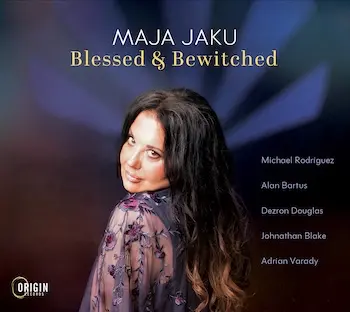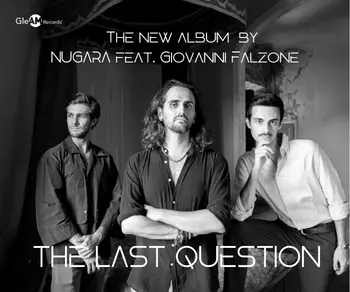Although released simultaneously with Mehldau’s After Bach II, Après Fauré is a very different album because Fauré is a much more complex source than Bach. He has been described as linking the end of romanticism with the modernism of the second quarter of the 20th century.
The album format is identical to that of Mehldau’s Bach projects (i.e., original work by Fauré mixed with additional compositions by Mehldau) but the connections seem less overt this time, albeit Fauré’s imprint is on all the pieces.
Whilst Mehldau’s performance is technically and musically outstanding, the music for me was less accessible than Bach’s and much more introverted and impassioned. This is a more challenging project than Bach and one that Mehldau was brave to embark upon. Discussing the album in his liner note, Mehldau says: “If the sublime foreshadows our mortality, this music might communicate the austerity of death – Faure’s as it approached him, but also the apprehension of our own.” Without doubt there is a hidden darkness in Fauré’s music and the Nocturnes are good place to discover it.
This album will appeal to classical listeners who are looking for a new take on the Nocturnes, as well as Mehldau fans wanting to be awed yet again by the talent of this great jazz pianist. It will have more limited appeal to the average jazz listener, but transcending musical boundaries is all part of the DNA of jazz and I would recommend giving this album a listen.
Discography
Nocturne No.13 In B Minor, Op. 119 (1921); Nocturne No. 4 In E-Flat Major, Op. 36 (c. 1884); Nocturne No. 12 in E Minor, Op. 107 (1915); Prelude; Caprice; Nocturne; Vision; Nocturne No. 7 In C-Sharp Minor, Op. 74 (1898); Extract From Piano Quartet No. 2 In G Minor, Op. 45 (c. 1887): III. Adagio Non Troppo (43.00)
Mehldau (p). Mechanics Hall, Worcester, MA, 19-21 June 2023.
Nonesuch 075597900859




